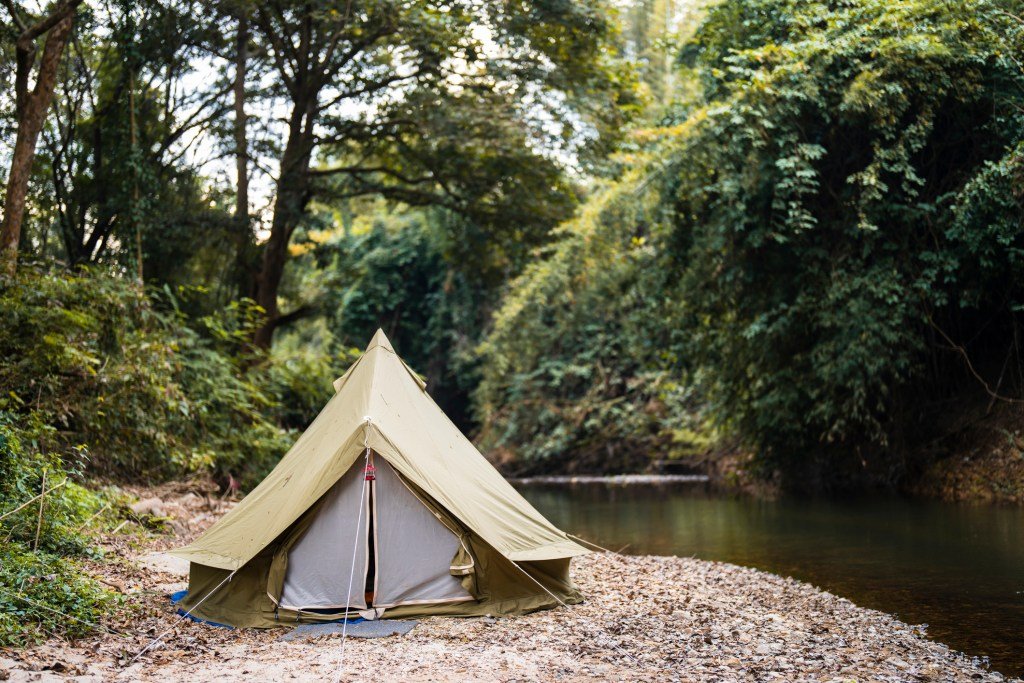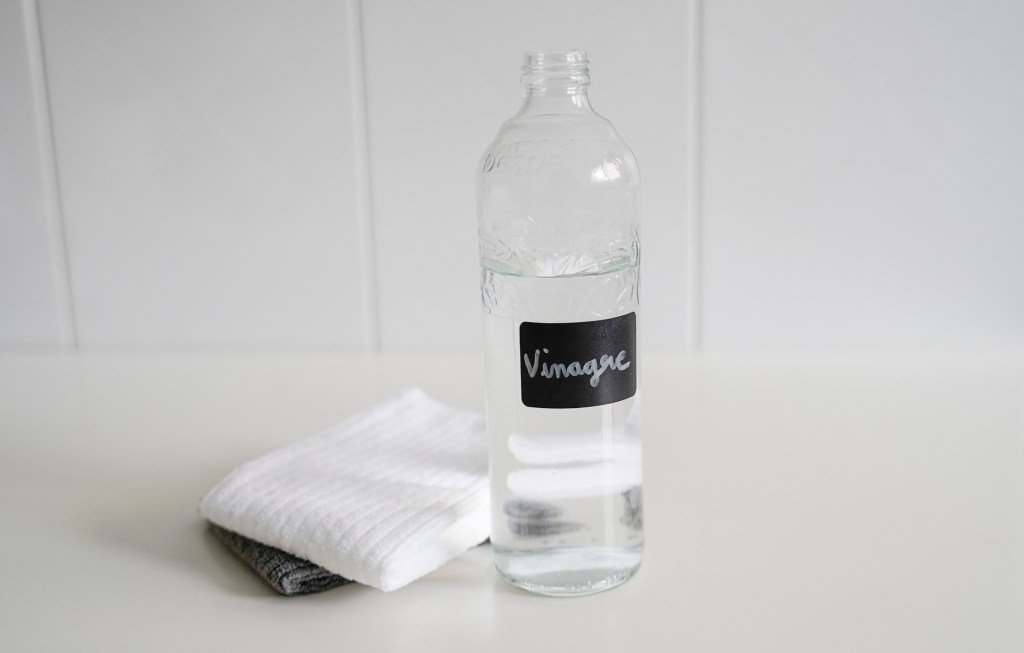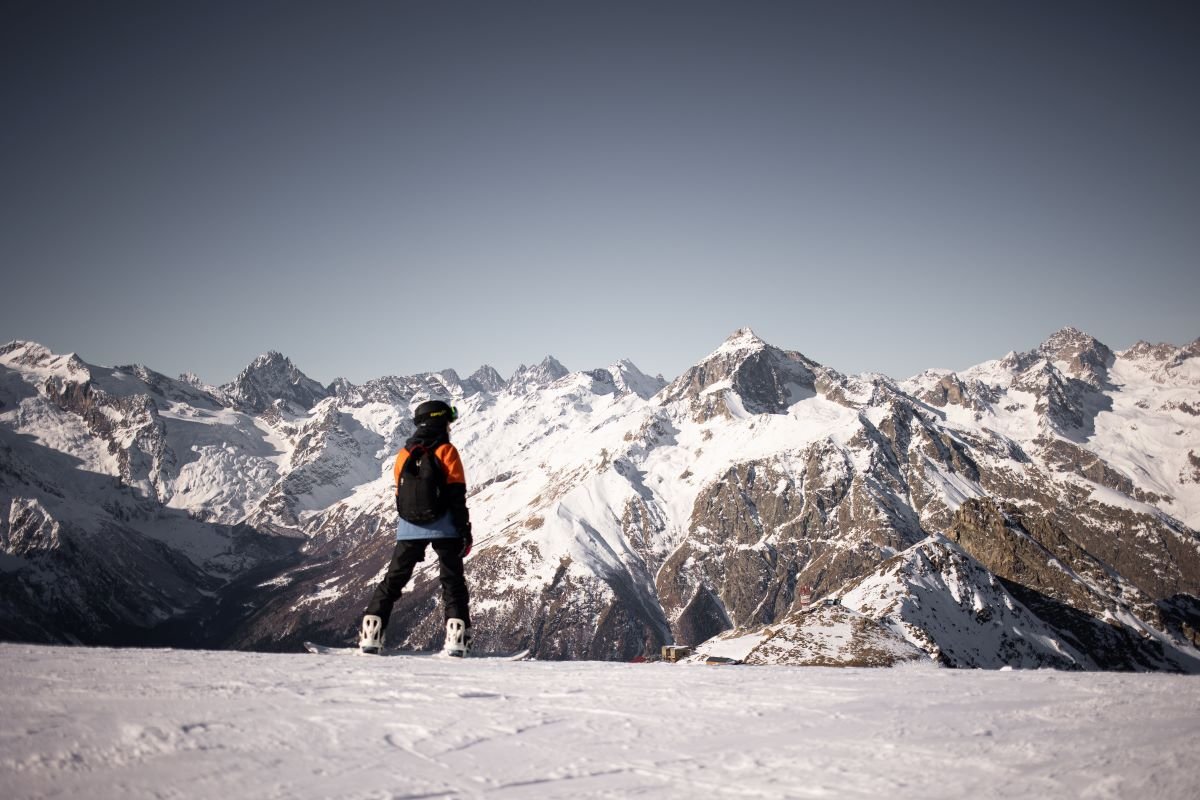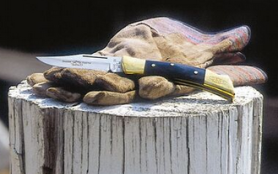

When you’re toting a tent from your car to a park tent site or schlepping it deep into the backcountry, it’s bound to get caked with mud, catch some bird droppings, develop a stench—or all three. Follow these care tips to keep your tent in top shape from season to season.
How to clean a tent after camping
To prevent irreversible stink, stains and damage to your tent, you should inspect and spot-clean it after every outing. But it’s also important to give your tent a full cleanse anytime it gets especially filthy or before you pack it away at the end of camping season.
Begin by shaking off any loose dirt or debris. If you find a lot of crumbs, pine needles or sand inside your tent, you can use a handheld vacuum to speed up the process.

Next, spot-clean any areas that are discolored or dirty with a microfiber cloth or sponge and a gentle dish soap—unscented, dye-free formulas are best. Carefully clean off any drops of tree sap with a mineral oil; if that doesn’t do the job, try an alcohol-based cleaner then rinse immediately with a wet cloth.
Gently scrub along zippers with a toothbrush to remove buildup and restore smooth function.
If your tent has already grown mold, mildew or strong odors, soak it in an enzyme cleaner according to the instructions. Be sure to remove it after the prescribed time to prevent damage and rinse well.
After taking care of the obvious problem areas, the best way to give your whole tent a good cleaning is handwashing with a vinegar solution—but not by throwing it in a washing machine.
How to deep-clean a tent
Using vinegar is a great way to prevent odor, mildew or mold from growing in your tent without leaving any residue behind. It’s also more affordable and eco-friendly than pricey chemicals that could cause damage to your camping setup.
Fill a bathtub, oversized sink or large plastic bucket or tote with five parts warm water to one part distilled white vinegar. You can also add a couple teaspoons of unscented dish soap or pure lemon juice for extra cleaning and freshening power. Submerge the tent in the solution for five minutes.

Next, drain the solution and fill your tub, sink or bucket with clean water. Move the tent around in the water to help rinse the solution from the fabric. You may have to repeat this process several times to get the tent completely free of the vinegar cleaning solution.
Once the tent is clean, let it air-dry on a clothesline or drying rack. Make sure it’s completely dry before putting in storage.
If your tent has been springing leaks, protecting you for years or demanding deep cleans, consider re-waterproofing it now. Depending on the construction and condition of your tent, you have a few options: apply a seam sealer to these vulnerable spots, add a polyurethane sealant to the inside of the tent’s floor and rainfly and/or refresh the exterior DWR treatment.
How to extend the life of your tent
When caring for your camping tent, always follow these rules:
- Never put your tent in a washing machine or dryer. Agitators and high heat can tear or stretch fabric and cause significant damage to seams and components.
- Never use harsh household cleaners on your tent. Conventional laundry detergents, strongly scented soaps and bleach could damage fabrics, attract pests and damage DWR coatings.
- Never pack away a tent until it is completely dry. Even the smallest bit of moisture can cause mold, mildew and foul odors to grow on the fabric.
- Always check manufacturer instructions. While these are great guidelines for most tents, each model could demand slightly different care based on unique materials and construction.
Take the time to properly care for your tent now, and it could serve you well for years—or decade —to come!









